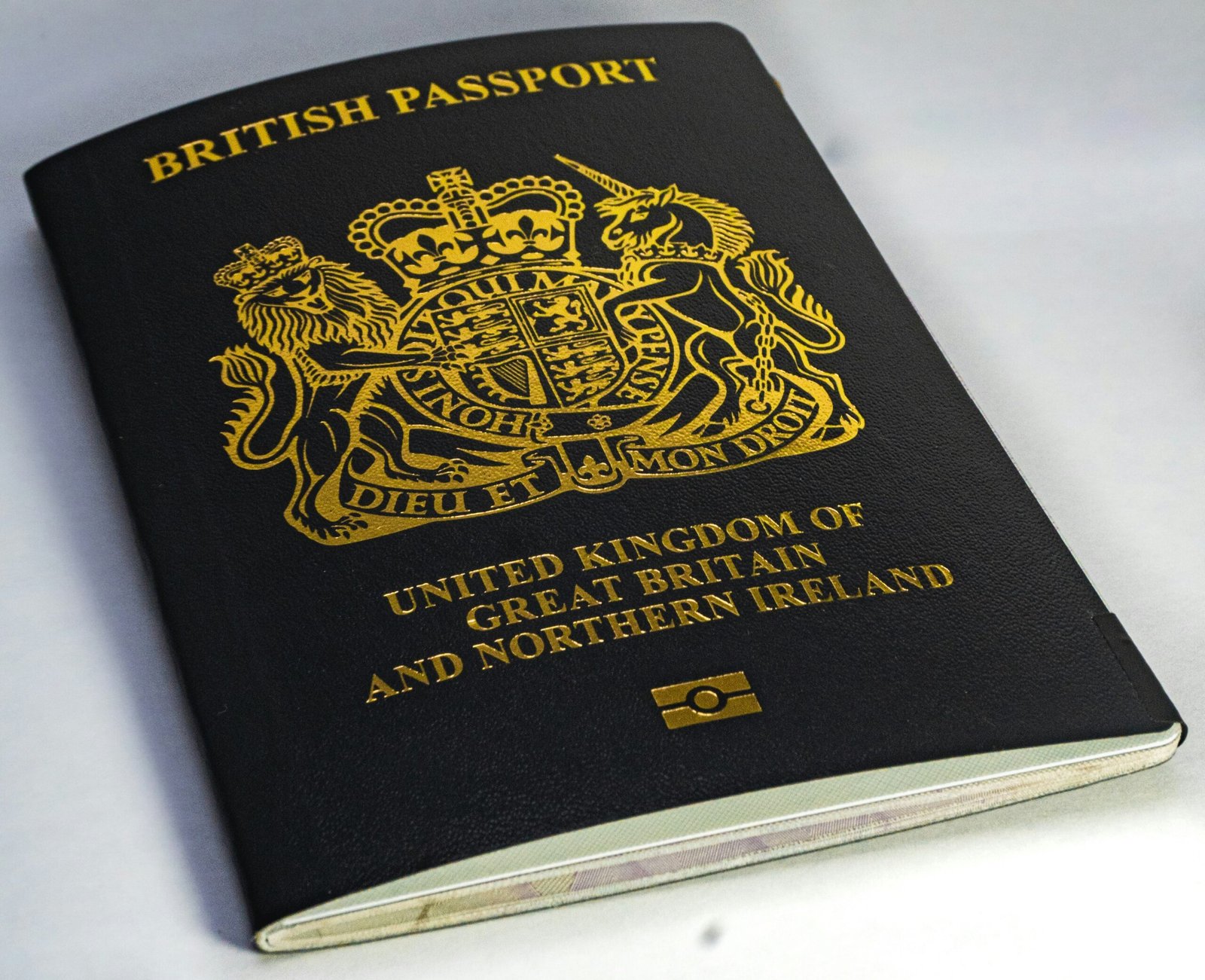Hiring an immigration lawyer can alleviate immense stress and significantly increase your chances of a positive outcome. But with so many options available, how do you make an informed choice? By asking targeted questions, you can assess their expertise, approach, and suitability for your specific case.
1. Questions About Their Experience and Expertise
Your case is unique, and you need a lawyer who understands its nuances. Therefore, drilling down into their specific experience is paramount.
- “What is your experience with cases similar to mine?”
- Why it’s important: A general immigration lawyer might not be the best fit for a highly specialised case (e.g., complex asylum claims, niche investment visas, or particularly challenging family immigration matters). Look for someone who has a track record with your exact type of visa or immigration issue.
- “Are you regulated, and by whom?”
- Why it’s important: In the UK, immigration advisers must be regulated. This means they adhere to professional standards and have a complaints procedure. Lawyers (solicitors) are regulated by the Solicitors Regulation Authority (SRA), while non-lawyer immigration advisers are regulated by the Office of the Immigration Services Commissioner (OISC).
- Follow-up: Ask for their SRA or OISC registration number and verify it online. This ensures they are legitimate and accountable. You can check the OISC register here: Find an immigration adviser – GOV.UK.
- “What is your success rate for cases like mine?”
- Why it’s important: While no lawyer can guarantee a specific outcome, a good lawyer will be transparent about their general success rates for similar cases and explain factors that influence results.
- “Who will actually be handling my case?”
- Why it’s important: You might meet with a senior partner, but your case could be handled day-to-day by a junior lawyer or paralegal. Clarify who your primary contact will be and what their experience level is.
2. Questions About the Process and Strategy
Understanding how they plan to approach your case and what to expect is crucial for managing your own expectations and stress levels.
- “What are the likely steps involved in my case, and what is the estimated timeline?”
- Why it’s important: Immigration processes can be lengthy and confusing. A good lawyer will outline the key stages, from document gathering to application submission and decision. They should provide realistic timelines, acknowledging that external factors (like Home Office processing times) can influence this.
- “What are the potential challenges or risks in my case, and how would you address them?”
- Why it’s important: Every case has unique aspects. An honest lawyer will highlight potential obstacles or weaknesses in your application and explain their strategy for mitigating these risks.
- “What specific documents will I need to provide?”
- Why it’s important: They should be able to give you a clear, comprehensive list tailored to your situation. This shows their grasp of the specific requirements.
- “How will you communicate with me, and how often can I expect updates?”
- Why it’s important: Clear communication is essential. Discuss their preferred methods (email, phone, in-person) and how regularly they’ll provide updates, even if there’s no major development.
3. Questions About Fees and Costs
Transparency around fees is non-negotiable. Avoid any lawyer who is vague about their charges.
- “What is your fee structure for my case (e.g., fixed fee, hourly rate)?”
- Why it’s important: Fixed fees provide certainty, while hourly rates can be unpredictable. Understand how they charge before agreeing to anything. For many immigration cases, fixed fees are common.
- “Does your fee include all disbursements (e.g., Home Office fees, barrister fees, translation costs, postage)?”
- Why it’s important: Their fee often only covers their legal services. Ensure you understand what additional costs you will be responsible for. Home Office visa fees and the Immigration Health Surcharge (IHS) are always separate and substantial.
- “Can I get a detailed breakdown of all anticipated costs in writing?”
- Why it’s important: Always insist on a written client care letter or engagement agreement that clearly outlines all services and fees. This protects both parties.
- “What happens if my application is refused?”
- Why it’s important: Discuss their policy on refusals. Do they offer a reduced fee for an Administrative Review or appeal? Do they provide advice on next steps without additional charges?
4. General Trust and Rapport Questions
Beyond technical expertise, you need to feel comfortable and confident with your lawyer.
- “What is your approach to client service?”
- Why it’s important: Are they responsive? Do they value client input? Do they explain complex legal jargon in an understandable way?
- “How do you ensure client confidentiality and data security?”
- Why it’s important: You’ll be sharing sensitive personal information. Ensure they have robust data protection practices.
- “Can you provide references or testimonials from past clients (if permitted)?”
- Why it’s important: While not always possible due to confidentiality, many firms feature client testimonials on their websites or review platforms like Google or Trustpilot. Look for consistent positive feedback.
Ultimately, choosing the right immigration lawyer is a partnership. By asking these key questions, you’ll not only gather vital information but also gain a sense of their professionalism, transparency, and whether their approach aligns with your needs. Don’t hesitate to interview a few different firms before making your final decision. Your peace of mind, and indeed your future in the UK, depends on it.












Leave a comment